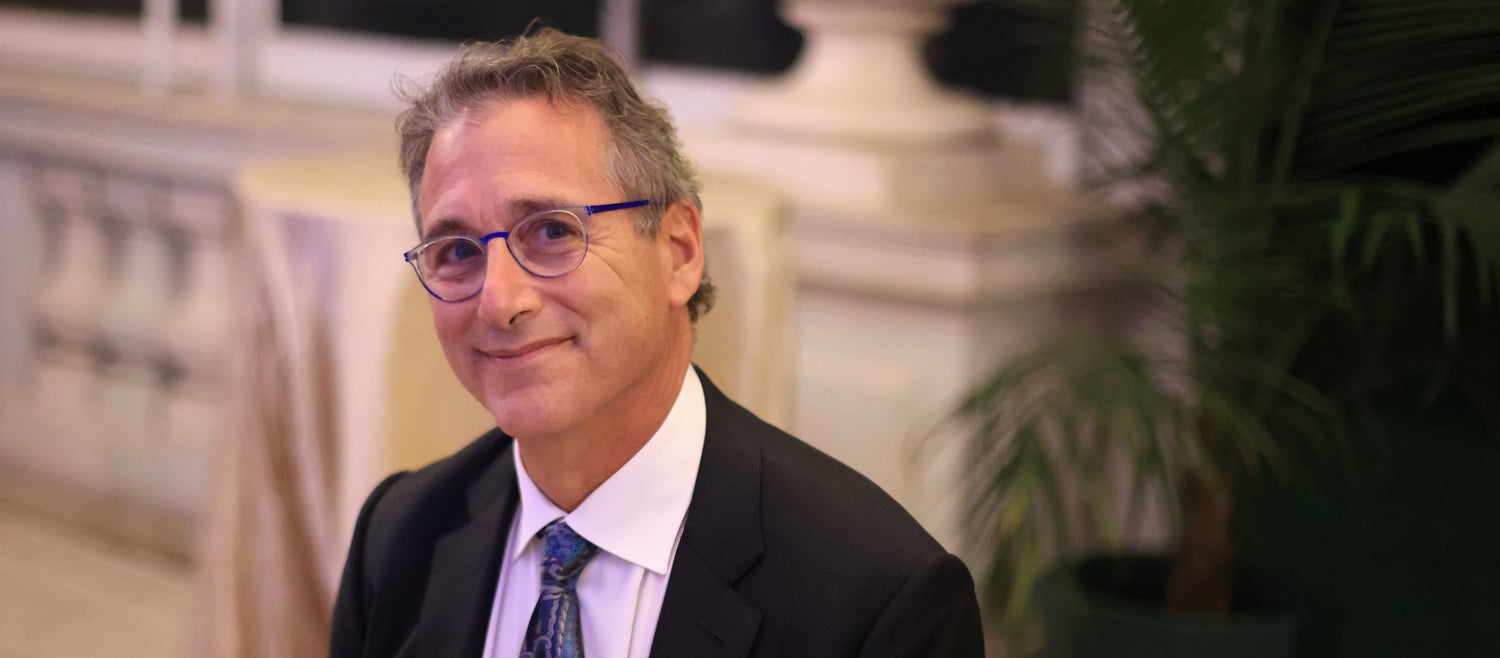Sometimes it’s nice to hear from the doctor himself about what he’s doing for his own overall health and eye health. After all, does he practice what he preaches?
In a word – Yes!
Health isn’t something that just happens. While you may be oblivious to taking care of your body when you’re 16, the same doesn’t fly when you’re 60+. So I’m very motivated to take care of my health needs. And I do all the things you already know are important: 1)See my doctor regularly, 2)Listen to my body, and 3)Take targeted nutritional supplements every day.
I basically think of my health in terms of three priorities:
- Anything urgent, such as atrial fibrillation – This comes first.
- Chronic health issues, such as macular degeneration or diabetes
- My genetic roadmap – The health of my parents and siblings
Let’s start with #3 – my Genetic Roadmap, and one step I took early this year that I hope will take me in a better direction.
I lost my dad at age 86 to Parkinsonism and my mom at 78 to sudden death from a presumed heart attack. And yet I see patients every day who now regularly live into their late 90’s. In fact, the trend line for lifespan in this country continues to go up, up, up. I love my work, my patients, my family and friends. In short, I want to live a long life. So I set as my goal living beyond my parents and not leaving my lovely wife an early widow. I never smoked, I rarely drink alcohol, and I eat healthily.
But I was overweight, 220 lbs on a 6 foot, 1 inch frame. My friends and patients didn’t think I looked heavy, and you might say my weight was normal for a big man.
Nope. My BMI (Body Mass Index) was 29.0, and that falls into the United States National Institutes of Health “Overweight” category. You can calculate your own BMI by simply typing BMI into a web search. A normal result is 18.5-24.9.
What’s the big deal, you ask? Excess weight shortens your lifespan. Multiple studies show that, ON AVERAGE, a healthy weight (and not smoking) will help you to live longer. It’s better for your kidneys, your joints, your heart, your cholesterol, your glucose levels, your heart, your brain, AND YES, YOUR EYES TOO!
You see, eye health often goes hand-in-hand with brain and body health. That includes macular degeneration, diabetic retinopathy, retinal atherosclerosis, and more.
So, I set a target to lose weight – 30 lbs to be exact. Not to look better, but to hopefully live longer. Losing weight requires daily vigilance, careful eating choices, and being mindful. Sometimes it even requires the help of a physician or gastric surgeon. It’s always difficult work. And my method was more difficult than most. It worked for me, but I’m not recommending it for everyone.
Although I eat good foods – poultry, fish, vegetables, fruit – I was a constant grazer. And for many years, nothing worked. So, I chose to give up breakfast (except for my cup of Joe and non-dairy creamer) every morning. Breakfast is the most important meal of the day you say? Well, I was LESS HUNGRY mid-morning than if I had eaten breakfast. I satisfied my hunger by drinking Harney & Sons cinnamon tea. And importantly, I didn’t snack between meals. That meant that I went from 6:00 PM until noon the following day – 18 hours – without eating calories. I lost 30 lbs and reached my target weight in 3 1/2 months.
My diet was difficult. I jokingly referred to it as the “Misery Diet.” And I thought I had invented something unique. But as I got more interested in it, I discovered that “intermittent fasting” is a highly successful method, if you have the willpower. And most “willpower” is making a game plan BEFORE you sit down for dinner or go out to a restaurant and then sticking to it. Because without a game plan, you’ll rationalize your way out of it. How do I know? Because I'm 100% guilty of doing the same. Now that I reached my target weight, I do like the French do and exhibit portion control, especially on days that my weight is up. VERY IMPORTANT is that my calorie restriction was modest; severe calorie restriction with an intermittent fasting diet can have adverse effects. I recommend that you discuss any diet you intend to do with your primary physician.
What am I taking these days for nutritional supplementation?
- VisiVite Balanced Ocular Support – I test low on my office's MPOD (Macular Pigment Optical Density) instrument, plus my genetic analysis shows that I have an increased risk of developing macular degeneration.
- Reziva Resveratrol – This compound found in red wine grapes and other plants has been shown to mimic calorie restriction and can support good health. I’m not a drinker, but I get as much resveratrol from Reziva as are in 30 glasses of wine, while avoiding the empty calories of alcohol.














